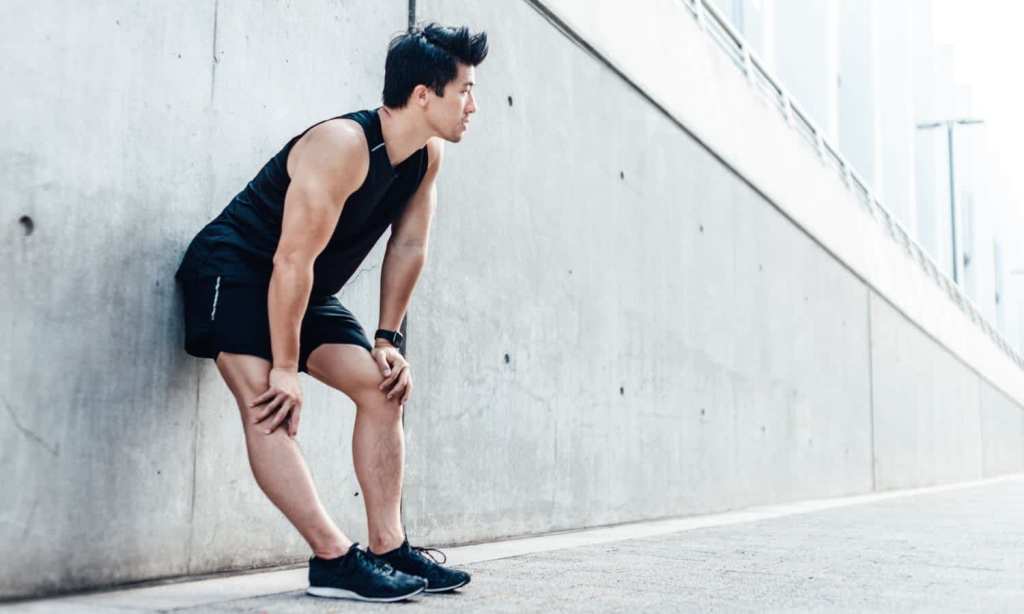Muscle soreness after exercise is pretty much unavoidable. If you engage in a number of different styles of exercise that targets different muscles, this is guaranteed to equal a little soreness. This generally occurs two days after working out and is called delayed onset muscle soreness (DOMS).
According to The Conversation, this is the result of mechanical disruption of the muscle fibres, which are also known as “microtears”. This can cause swelling and inflammation in the muscle, which in turn, produces pain when the muscle is stretched or contracted.
While this is undoubtedly annoying, when the muscle eventually recovers from the “microtrauma”, it becomes stronger. So, this pain does lead to stronger muscles and once you’ve gone through this process, your muscle is able to produce that force again without the same thing happening.
Here are a few things you can to do support your body post-exercise and help ease any pain you might be feeling after working out.
Ice baths
There are a number of strategies people use for exercise recovering, including ice baths, foam rollers and compression garments. In fact, there are always new gadgets and technologies being released to help you deal with post-workout pain but there isn’t a ton of research proving their effectiveness.
According to The Conversation, some studies have found a few of these practices, including ice baths, to be of benefit as short-term relief. So, if you have the time (and money!), feel free to use ice baths as a means of recovery every now and then — the regular use of ice baths have been shown to blunt some of the repair and rebuilding of muscles.
If you are keen to try your hand at ice baths, don’t make the temperature too cold. The Conversation recommends hopping into an ice bath that is somewhere around 10 to 15 degrees Celsius for 10 minutes.
Sleep
Quality sleep is one of the easiest ways to support your recovery and ease your workout pain as this is when most of the muscle repair takes place. Make sure to prioritise your sleep when you’re feeling sore and aim to get roughly eight hours of sleep to really allow your muscles to restore themselves.
Nutrition
Fuelling your body correctly pre and post-workout will help support your muscles in recovery and in turn, help ease soreness. According to The Conversation, remember the three R’s when it comes to optimal nutrition.
— Refuel: Replacing carbohydrates after exercise
— Rebuild: Protein intake helps in the process of muscle repair and rebuilding
— Rehydrate: Keep your fluids up, especially in the warmer weather, as water helps with muscles soreness and tension.
While none of these strategies is considered to be a “quick fix”, employing these will help reduce muscle soreness and support your body through exercise.







